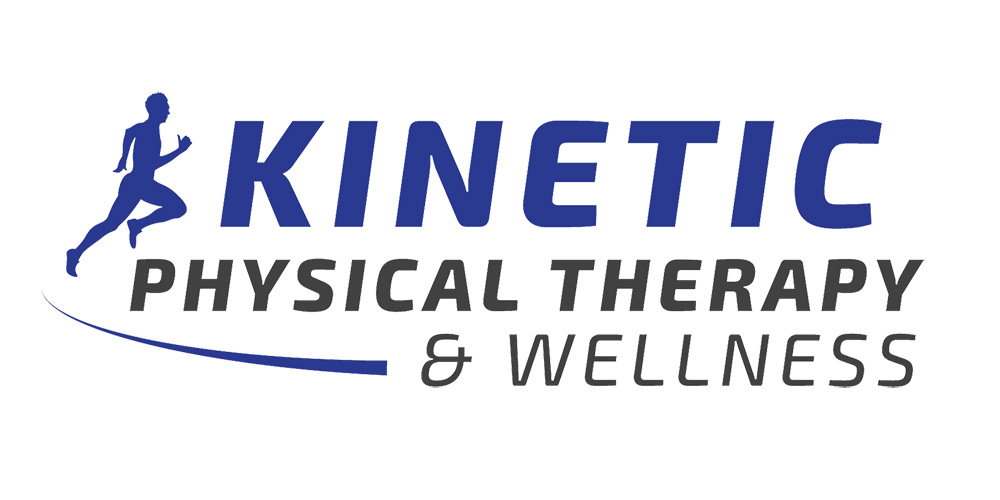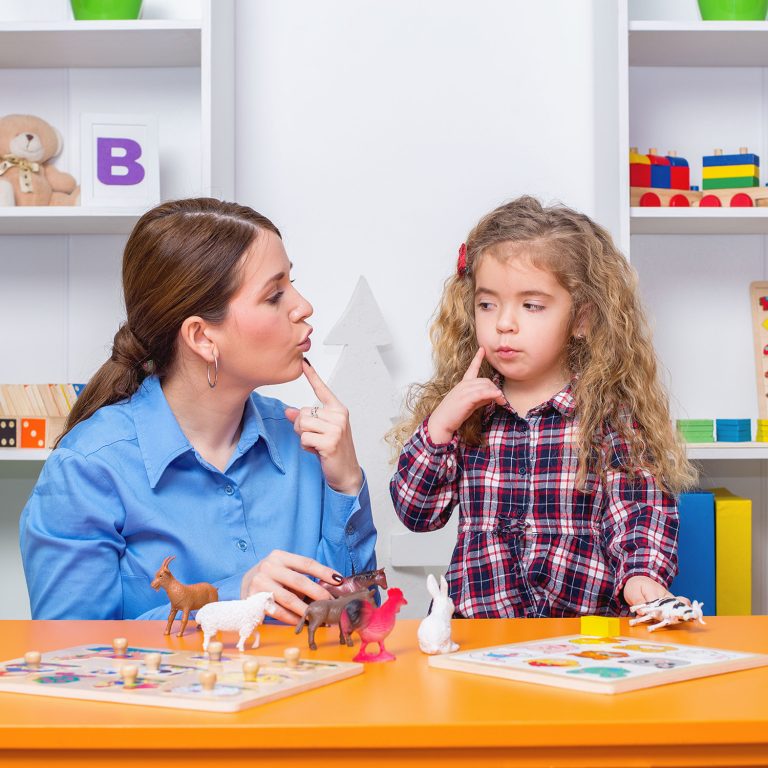

Speech Therapy Exercises You Can Try at Home
In the realm of speech therapy, consistency and practice are key ingredients for progress. Whether you or a loved one are working to overcome speech challenges, or simply looking to enhance communication skills, incorporating speech therapy exercises into your daily routine can make a significant difference. While professional guidance is invaluable, there are numerous exercises that you can easily implement at home to support speech development and improve articulation. In this guide, we’ll explore a variety of effective speech therapy exercises that you can try in the comfort of your own home, empowering you to take proactive steps toward improved communication abilities.
Understanding Speech Therapy:
Before delving into specific speech therapy exercises you can try at home, it’s essential to grasp the fundamentals of speech therapy and its objectives. Speech therapy is a specialized field aimed at diagnosing and treating speech and language disorders. These disorders can manifest in various forms, such as articulation difficulties, stuttering, voice disorders, or language delays. The primary goals of speech therapy include improving speech clarity, enhancing language skills, and fostering effective communication. While speech therapy is often administered by licensed professionals, there are numerous exercises and activities that individuals can practice at home to supplement formal therapy sessions.
Speech Therapy Exercises You Can Try at Home:
Tongue Twisters for Articulation:
One of the classic exercises in speech therapy is the use of tongue twisters. These phrases are designed to challenge articulation and promote precise pronunciation. Incorporating tongue twisters into your daily routine can help improve speech clarity and coordination of oral muscles. Here are a few examples to get you started:
- “Peter Piper picked a peck of pickled peppers.”
- “She sells seashells by the seashore.”
- “How much wood would a woodchuck chuck if a woodchuck could chuck wood?”
Challenge yourself or your loved ones to repeat these tongue twisters several times, gradually increasing speed and accuracy.
Breathing Exercises for Voice Projection:
Effective communication relies not only on clear articulation but also on strong vocal projection. Breath support plays a crucial role in voice production, and practicing breathing exercises can help strengthen the diaphragm and improve voice clarity. Try the following breathing exercise:
- Sit or stand comfortably with good posture.
- Inhale deeply through your nose, expanding your abdomen.
- Exhale slowly and steadily through your mouth, focusing on controlling the airflow.
Repeat this process several times, ensuring smooth and controlled breathing.
Incorporating this exercise into your daily routine can enhance voice projection and stamina, leading to clearer and more confident speech.
Mirror Exercises for Facial Muscle Coordination:
Many speech disorders involve challenges with facial muscle coordination, impacting articulation and expression. Mirror exercises can be particularly beneficial in addressing these issues by providing visual feedback and promoting awareness of facial movements. Here’s a simple mirror exercise to try:
- Sit in front of a mirror and observe your facial expressions.
- Practice exaggerating facial movements, such as smiling, frowning, or puckering your lips.
- Focus on coordinating facial muscles to produce clear and precise movements.
- Gradually incorporate speech sounds or phrases while observing facial articulation in the mirror.
By regularly engaging in mirror exercises, individuals can improve facial muscle control and enhance speech clarity.
Word Association Games for Language Development:
Language delays or difficulties can significantly impact communication skills. Word association games are excellent tools for promoting language development and expanding vocabulary. Try the following game:
Start with a simple word, such as “dog.”
Encourage the participant to think of related words, such as “bark,” “pet,” or “tail.”
Expand the game by introducing categories, such as animals, food, or colors.
Challenge the individual to generate as many related words as possible within a set time limit.
Word association games not only stimulate language skills but also encourage creativity and cognitive flexibility.
Reading Aloud for Fluency and Expression:
Reading aloud is a versatile exercise that targets various aspects of speech and language, including fluency, pronunciation, and expression. Choose age-appropriate reading materials and take turns reading aloud with your family members or practicing independently. Focus on:
- Pronouncing words clearly and accurately.
- Paying attention to intonation, rhythm, and emphasis.
- Using appropriate facial expressions and gestures to convey meaning.
- Reading aloud regularly can improve fluency, comprehension, and overall communication skills.
Incorporating speech therapy exercises you can try at home can be a proactive step toward enhancing communication skills and overcoming speech challenges. While professional guidance is invaluable, practicing these exercises at home can supplement formal therapy sessions and promote consistent progress. From tongue twisters to breathing exercises to word association games, there are numerous activities that individuals of all ages can enjoy while improving speech clarity, language skills, and overall communication abilities. By making speech therapy a regular part of your daily routine, you can unlock the power of communication and embark on a journey toward clearer and more confident speech.
Remember, consistency is key, and progress may take time. Be patient, stay motivated, and celebrate each milestone along the way. For professional guidance and support on your speech therapy journey, consider reaching out to Kinetic Physical Therapy and Wellness in Greenville, NC. Their team of experienced therapists is dedicated to helping individuals of all ages achieve their communication goals and live life to the fullest.
Unlock the potential of communication and embrace a brighter future with speech therapy exercises you can try at home.
At Kinetic Physical Therapy and Wellness in Greenville, NC, we’re passionate about harnessing the full potential of physical therapy to enrich lives and promote holistic wellness. Whether you’re recovering from an injury, managing a chronic condition, or striving to optimize your health and performance, our team is here to support you every step of the way. Experience the transformative power of physical therapy and unlock a world of possibilities for a healthier, happier you. Schedule your appointment today and embark on a journey toward renewed vitality and vitality.
Please Share
categories
Recent Posts

Speech Therapy Exercises You Can Try at Home
In the realm of speech therapy, consistency and practice are key ingredients for progress. Whether you or a loved one are working to overcome speech challenges, or simply looking to enhance communication skills, incorporating speech therapy exercises into your daily routine can make a significant difference. While professional guidance is invaluable, there are numerous exercises that you can easily implement at home to support speech development and improve articulation. In this guide, we’ll explore a variety of effective speech therapy exercises that you can try in the comfort of your own home, empowering you to take proactive steps toward improved communication abilities.
Understanding Speech Therapy:
Before delving into specific speech therapy exercises you can try at home, it’s essential to grasp the fundamentals of speech therapy and its objectives. Speech therapy is a specialized field aimed at diagnosing and treating speech and language disorders. These disorders can manifest in various forms, such as articulation difficulties, stuttering, voice disorders, or language delays. The primary goals of speech therapy include improving speech clarity, enhancing language skills, and fostering effective communication. While speech therapy is often administered by licensed professionals, there are numerous exercises and activities that individuals can practice at home to supplement formal therapy sessions.
Speech Therapy Exercises You Can Try at Home:
Tongue Twisters for Articulation:
One of the classic exercises in speech therapy is the use of tongue twisters. These phrases are designed to challenge articulation and promote precise pronunciation. Incorporating tongue twisters into your daily routine can help improve speech clarity and coordination of oral muscles. Here are a few examples to get you started:
- “Peter Piper picked a peck of pickled peppers.”
- “She sells seashells by the seashore.”
- “How much wood would a woodchuck chuck if a woodchuck could chuck wood?”
Challenge yourself or your loved ones to repeat these tongue twisters several times, gradually increasing speed and accuracy.
Breathing Exercises for Voice Projection:
Effective communication relies not only on clear articulation but also on strong vocal projection. Breath support plays a crucial role in voice production, and practicing breathing exercises can help strengthen the diaphragm and improve voice clarity. Try the following breathing exercise:
- Sit or stand comfortably with good posture.
- Inhale deeply through your nose, expanding your abdomen.
- Exhale slowly and steadily through your mouth, focusing on controlling the airflow.
Repeat this process several times, ensuring smooth and controlled breathing.
Incorporating this exercise into your daily routine can enhance voice projection and stamina, leading to clearer and more confident speech.
Mirror Exercises for Facial Muscle Coordination:
Many speech disorders involve challenges with facial muscle coordination, impacting articulation and expression. Mirror exercises can be particularly beneficial in addressing these issues by providing visual feedback and promoting awareness of facial movements. Here’s a simple mirror exercise to try:
- Sit in front of a mirror and observe your facial expressions.
- Practice exaggerating facial movements, such as smiling, frowning, or puckering your lips.
- Focus on coordinating facial muscles to produce clear and precise movements.
- Gradually incorporate speech sounds or phrases while observing facial articulation in the mirror.
By regularly engaging in mirror exercises, individuals can improve facial muscle control and enhance speech clarity.
Word Association Games for Language Development:
Language delays or difficulties can significantly impact communication skills. Word association games are excellent tools for promoting language development and expanding vocabulary. Try the following game:
Start with a simple word, such as “dog.”
Encourage the participant to think of related words, such as “bark,” “pet,” or “tail.”
Expand the game by introducing categories, such as animals, food, or colors.
Challenge the individual to generate as many related words as possible within a set time limit.
Word association games not only stimulate language skills but also encourage creativity and cognitive flexibility.
Reading Aloud for Fluency and Expression:
Reading aloud is a versatile exercise that targets various aspects of speech and language, including fluency, pronunciation, and expression. Choose age-appropriate reading materials and take turns reading aloud with your family members or practicing independently. Focus on:
- Pronouncing words clearly and accurately.
- Paying attention to intonation, rhythm, and emphasis.
- Using appropriate facial expressions and gestures to convey meaning.
- Reading aloud regularly can improve fluency, comprehension, and overall communication skills.
Incorporating speech therapy exercises you can try at home can be a proactive step toward enhancing communication skills and overcoming speech challenges. While professional guidance is invaluable, practicing these exercises at home can supplement formal therapy sessions and promote consistent progress. From tongue twisters to breathing exercises to word association games, there are numerous activities that individuals of all ages can enjoy while improving speech clarity, language skills, and overall communication abilities. By making speech therapy a regular part of your daily routine, you can unlock the power of communication and embark on a journey toward clearer and more confident speech.
Remember, consistency is key, and progress may take time. Be patient, stay motivated, and celebrate each milestone along the way. For professional guidance and support on your speech therapy journey, consider reaching out to Kinetic Physical Therapy and Wellness in Greenville, NC. Their team of experienced therapists is dedicated to helping individuals of all ages achieve their communication goals and live life to the fullest.
Unlock the potential of communication and embrace a brighter future with speech therapy exercises you can try at home.
At Kinetic Physical Therapy and Wellness in Greenville, NC, we’re passionate about harnessing the full potential of physical therapy to enrich lives and promote holistic wellness. Whether you’re recovering from an injury, managing a chronic condition, or striving to optimize your health and performance, our team is here to support you every step of the way. Experience the transformative power of physical therapy and unlock a world of possibilities for a healthier, happier you. Schedule your appointment today and embark on a journey toward renewed vitality and vitality.
Please Share
You May Also Like







